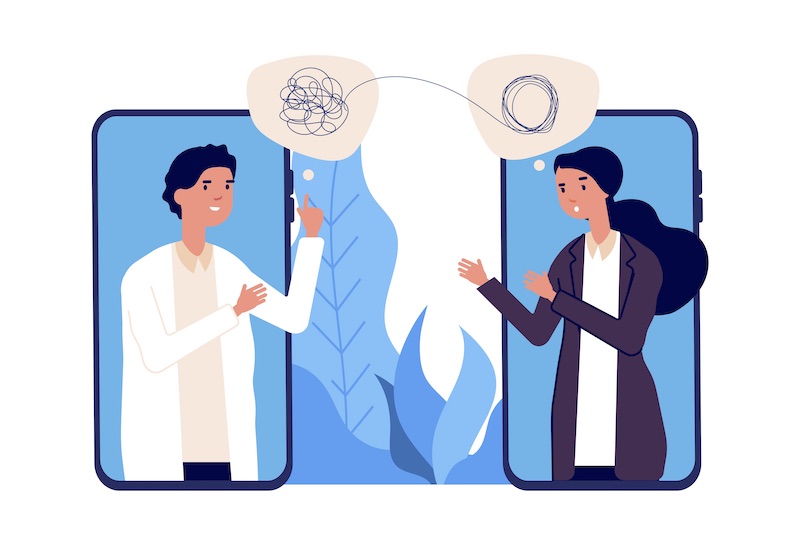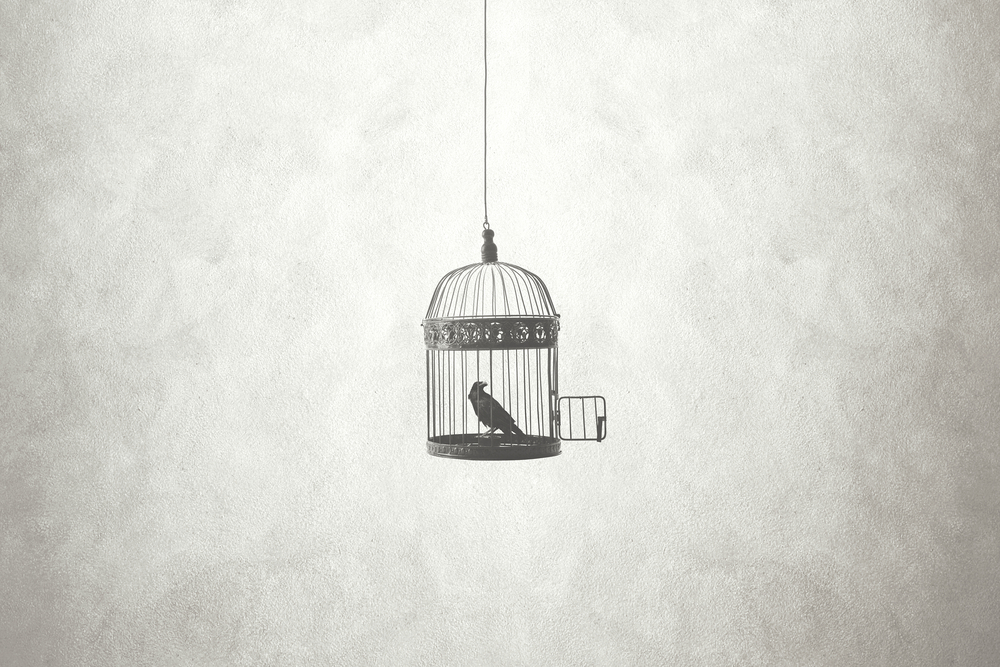Practitioner Reflections
Coping with COVID: Best practices for mental health professionals during the pandemic.
Who could have imagined that, a few short months into 2020, the world would come to a complete standstill? Businesses have closed down, schools are empty, but some of our homes are possibly more full than they have been in a long time. In addition to the many stressors faced by all people as a result of the quarantine, Muslims have faced additional challenges that are unique to them. As Muslim health care professionals, it is important to understand how to cope with these challenges during these unique times, as well as how to guide those seeking our help.
Read MoreTelehealth and COVID-19: The Dos and Don’ts
With the COVID-19 pandemic catching the world by surprise, physicians and other healthcare providers have had to find ways to continue providing patients with treatment, while also keeping patients safe from possible infection. This spans physical and mental health treatment providers and facilities. Furthermore, studies have shown American Muslims often do not seek mental health services due to stigma and discomfort with sharing their stories to “strangers”. Telehealth has become ever more important to help American Muslims and the general population access services.
Read MoreRamadan in the Time of Corona: An Opportunity to Heal the Healer
It has been quite a month. A month since a microscopic force turned our worlds upside down. Thanks to Zoom meetups, memes, and attempting to homeschool four kids, I am relatively stable emotionally. But there are moments the emotions start to overflow and I get overwhelmed with anxious thoughts or become overcome with grief. I know I’m not the only one. Besides being mental health professionals, we have other roles too, as parents, children, in-laws, siblings and friends. And with these various roles come a plethora of responsibilities. Sometimes it feels like we have to hold it together to keep everyone else from falling apart. And so, I wanted to check in with YOU, my fellow healers — when was the last time someone asked, “how are you doing today?”
Read MoreLet’s Talk About Sex…And Muslim Mental Health
The relationship between sexual health and mental health is not always obvious and not often spoken about. However, our experiences with sex, our sexualities, and social prescriptions for sexual behaviour can have a profound influence our mental health, and so those working in mental health care with Muslim clients need to pay attention to the research, however limited it is, on the sexual health of Muslims.
Read MoreSpiritual Bypassing
“For 15 years, I thought I had the happiest marriage. I believed I was one of the lucky ones, but then I found out he was having an affair. It devastated me! It was like waking up to a nightmare from a fairy tale…I know Allah tests those he loves, but I couldn’t handle it.”
Read MoreA Muslim Mental Health Response to Homophobia
As Muslim clinicians, advocating for the basic human rights of the LGBTQ community is a step toward social justice for one of many vulnerable populations. The clinical consequences of neglecting to support LGBT youth and individuals is staggering, including risk of suicide, other mental illness, substance abuse, and ongoing trauma from discrimination.
Read MoreThe Maslowization of Muslim Marriages
Another call came in. I knew what to expect — another woman, distressed and frantic. Her marriage was falling apart, and she was eager to piece it back together, or figure out what else she could do to make it work. Ending the marriage was not on the table for her, but she was drastically unhappy, and so was her spouse. He was a good person, she said, but their marriage was gasping for air — what could she do to bring it back to life?
Read MoreI Am Your Sheikh, Not Your Psychiatrist
There is an oft-repeated verse of the Qur’an that says, “Ask the people of knowledge if you don’t know.” It encourages consultation of an expert in times of crisis. In Muslim America, it means that the Imam, both grounded in Islamic knowledge and in a position of public trust, is often the first person American Muslims think to call in times of crisis. Far too often, it means that the late night callers – one reporting spousal abuse, a teenager with issues at school, and another seeking a listening ear – believe that the Imam holds an immediate solution to their problem. Far too often, the person some of these individuals truly need is a mental health professional.
Read MoreWorking Through the Hurt: Her Story of Abuse
“Her children stare in fear, as her abuser screams and yells profane words at her, stripping away every bit of her self-respect and dignity. In shock, she attempts to understand what triggered his sudden rage, this time.”
Read More“Shrinking” Injustice: Muslim Mental Health Professionals’ Role in Social Activism
As Muslim mental health practitioners, we are engaging in the jihad of speaking truth to power every day with our praxis. We make known the benefits of being a practicing Muslim through research, community wellness, and consciousness raising. We observe the religious responsibilities of Islam and live a spiritual life based on Islam. These reflections and actions are the greatest jihad of speaking truth to power.
Read More









